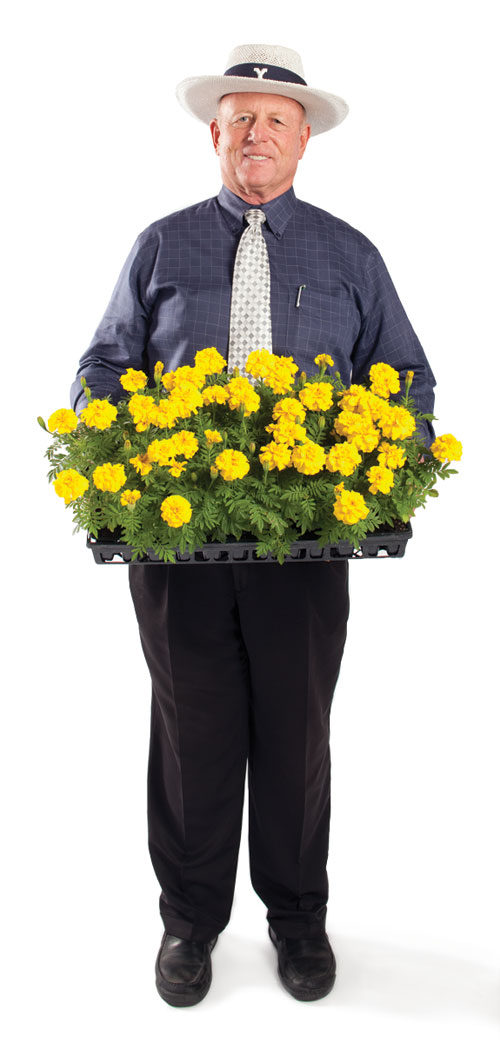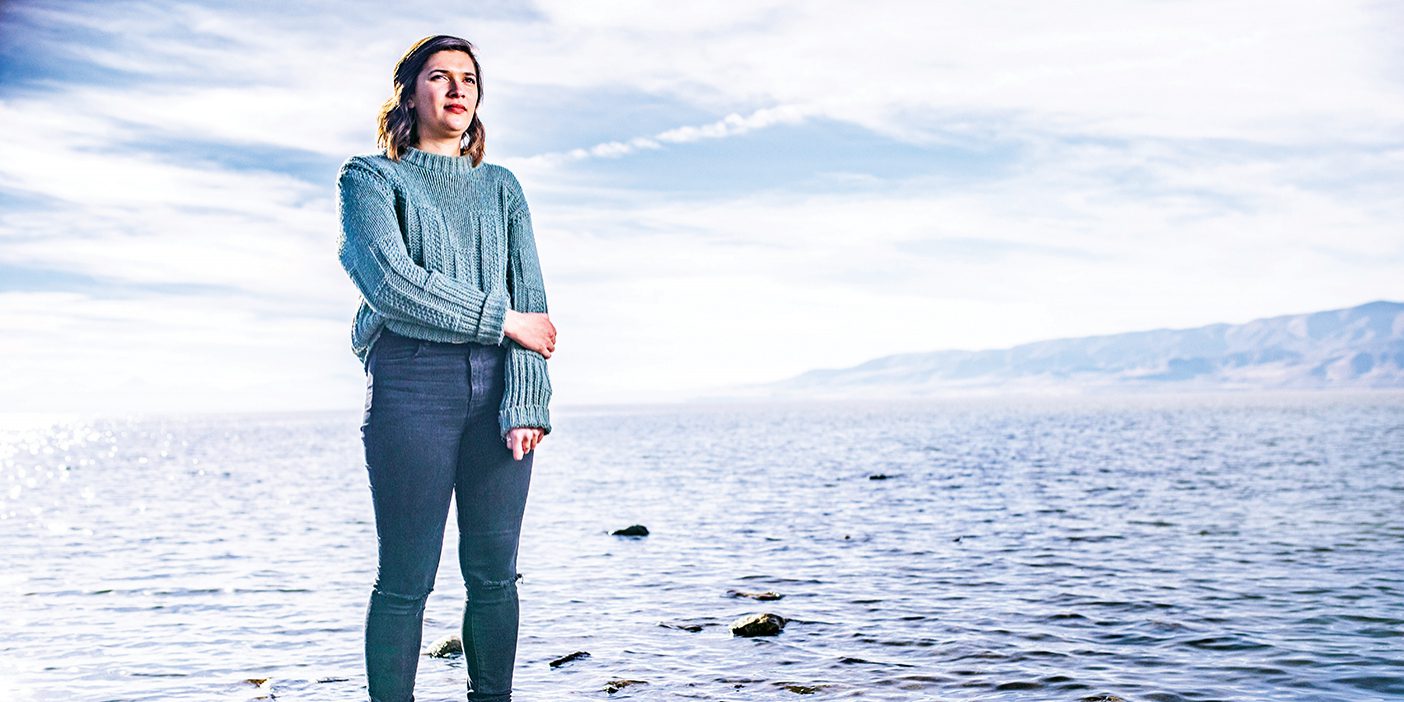Green thumbs run in Roy S. Peterman’s (BS ’72) genes. William Penn, founder of Pennsylvania, commissioned Peterman’s great-great-great grandfather to teach immigrants how to farm. Today Peterman oversees the beautification of the 667.2 acres that make up BYU. As part of that effort, Peterman and his staff implement wide-ranging water conservation measures to benefit not only the university but also the environment.
Q: ¨What is composting and how does BYU use it to conserve water?
A: Composting is a natural, earth-friendly decomposition process. At BYU, biodegradable materials from campus—such as clippings, branches, leaves, plant materials, wood, and food waste—are ground up and taken to a site to decompose. When you mix prepared compost into soil, it creates spaces. Those spaces are just the right size to hold water until the plant can pick it up and use it. With compost, you use about one-third the amount of water you would with just bare soil. BYU cuts down its water usage by 50 percent through its conservation efforts.
Q: ¨What is your advice for those who want to use compost to conserve water at home?
A: You need to mix in copious amounts of compost—more than most homeowners could create on their own—to make a difference. My recommendation is for homeowners to invite the city to compost yard waste and other compostable materials on a large scale and then to purchase it back.
Q: ¨How else can homeowners save water in the yard?
A: Water audits can make a huge difference. The average homeowner rarely exceeds 25 to 30 percent efficiency on their sprinkling system. Proper training is necessary to get an accurate audit. A full-fledged professionalwater audit refines the efficiency report and explains any necessary repairs and adjustments. Guidelines will be specific to location and soil, and if homeowners water properly and follow the guidelines, they could save 50 percent on water usage.
Learn more about BYU’s conservation efforts at more.byu.edu/sustainability.










